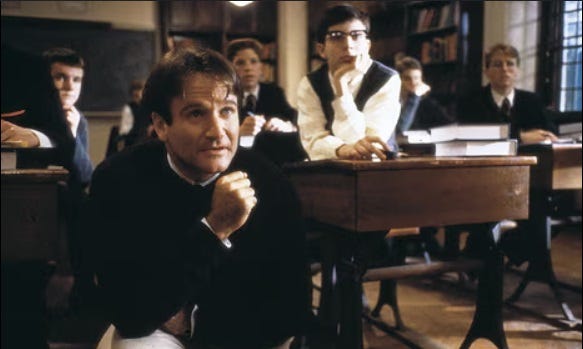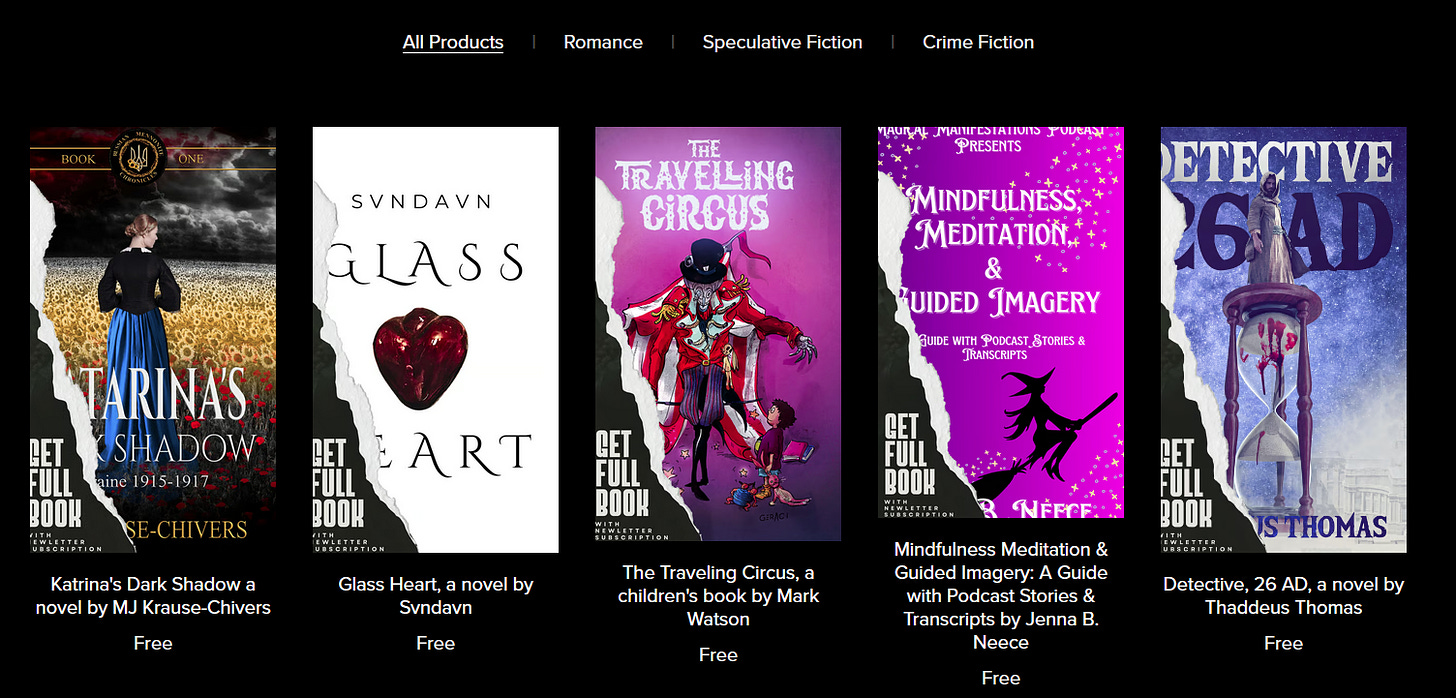I have a tendency to think of the word “modern” as synoymous with “contemporary,” which is only complicated by modernism associating the word with the early twentieth century and casting us into this aftermath we call postmodernism and metamodernism. Did you know that in its original use, modern was a reference to the Renaissance?
Leonardo Bruni was the first historian to use the three-period view of history: Antiquity, Middle Ages, and Modern, and his “History of the Florentine People,” a life-long endeavor, is considered one of the first modern histories.
There’s that word again.
Bruni translated Greek classics into Latin and wrote about humanitarianism, moving our focus onto the study of man beyond theology, and developed a humanistic education curriculum that has influenced how students learn for centuries.
The work that details his vision for a humanist education is “On Studies and Letters,” where he emphasizes the study of classical literature, history, and moral philosophy for the development of a virtuous and capable citizenry.
In “Dead Poets Society,” Robin William’s John Keating encourages his students to embrace a more humanistic approach to education, focusing on literature, poetry, and critical thinking. It’s a celebration of individual thought, the pursuit of personal passions, and the challenging of societal norms, and it’s the film I think of as encapsulating that key work by Bruni.
One the poems Keating quotes in the movie is:
O Me! O Life!
by Walt Whitman.
Oh me! Oh life! of the questions of these recurring,
Of the endless trains of the faithless, of cities fill’d with the foolish,
Of myself forever reproaching myself, (for who more foolish than I, and who more faithless?)
Of eyes that vainly crave the light, of the objects mean, of the struggle ever renew’d,
Of the poor results of all, of the plodding and sordid crowds I see around me,
Of the empty and useless years of the rest, with the rest me intertwined,
The question, O me! so sad, recurring—What good amid these, O me, O life?
Answer.
That you are here—that life exists and identity,
That the powerful play goes on, and you may contribute a verse.
That questioning of human purpose, the very ability to question in light of the stark reality of our life and the lives that surround us, is a humanistic pursuit—if the answer is anything other than to bear witness to the glories of God.
And I say it is not that we must remove God from the equation. Some do. Some don’t. Rather, it’s the ability to recognize the value of man in the workings of this cosmic math.
Our own arguments could not be made without this permission to examine humanity outside of the consideration of the divine.
—Thaddeus Thomas
What will be your verse?
Click on the image to visit the storefront or sign up at Whop.com/bookmotion.







Can we authentically examine humanity outside of the consideration of the divine?
I love to talk about what modern means and use it all the time. I also have a strong attachment to Dead Poets Society beyond the ordinary. Also, I am a wannabe Romantic and a romantic. Cheers to you.